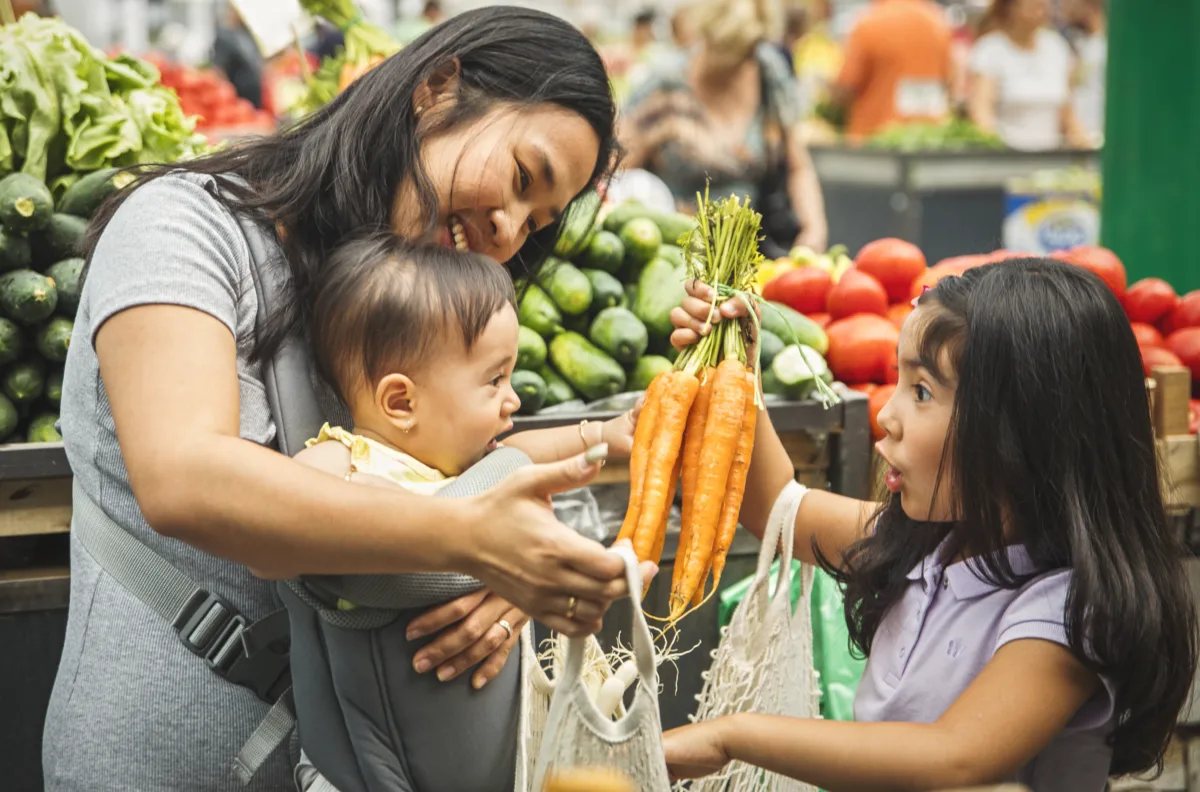In the United States, we have the technology and the know-how to grow enough food to feed all human beings. But that isn’t happening.
Hunger is real for millions in America, particularly in Black and Brown communities.
Clearly, we need to do more than just make sure people’s bellies are full. We need to address the root causes of inequities that put high-quality nutritious food out of reach for so many, including the tremendous disparity in wealth that is created by the global system of capitalism and the legacy of slavery.
“We need to build more fair, resilient, and localized food systems, and break away from the industrial food system that has a stranglehold on us now.”
That’s why, in Detroit, we’re working to create food sovereignty—where the food system is shaped, defined, and controlled by the people who are producing and consuming the food.
As most people know, Detroit really made its mark on the world in the last century as the automobile capital of the world. But as the U.S. domination of the global auto market began to decline, so did the economy of Detroit. Today, about 30 percent of the population lives at or below the federal poverty level. Many Detroiters go hungry, particularly Black residents, and the pandemic has only made food insecurity in the city worse.
The Detroit Black Community Food Security Network focuses on helping people have control of the systems that provide their food so they’re really exercising agency and shaping their own destiny.


